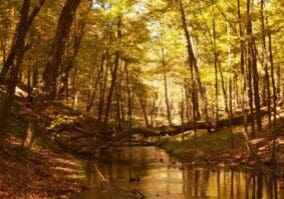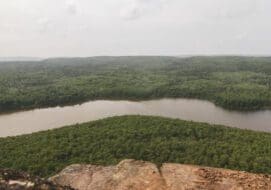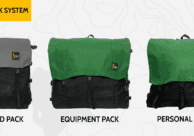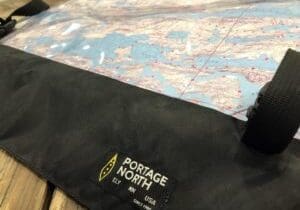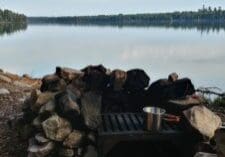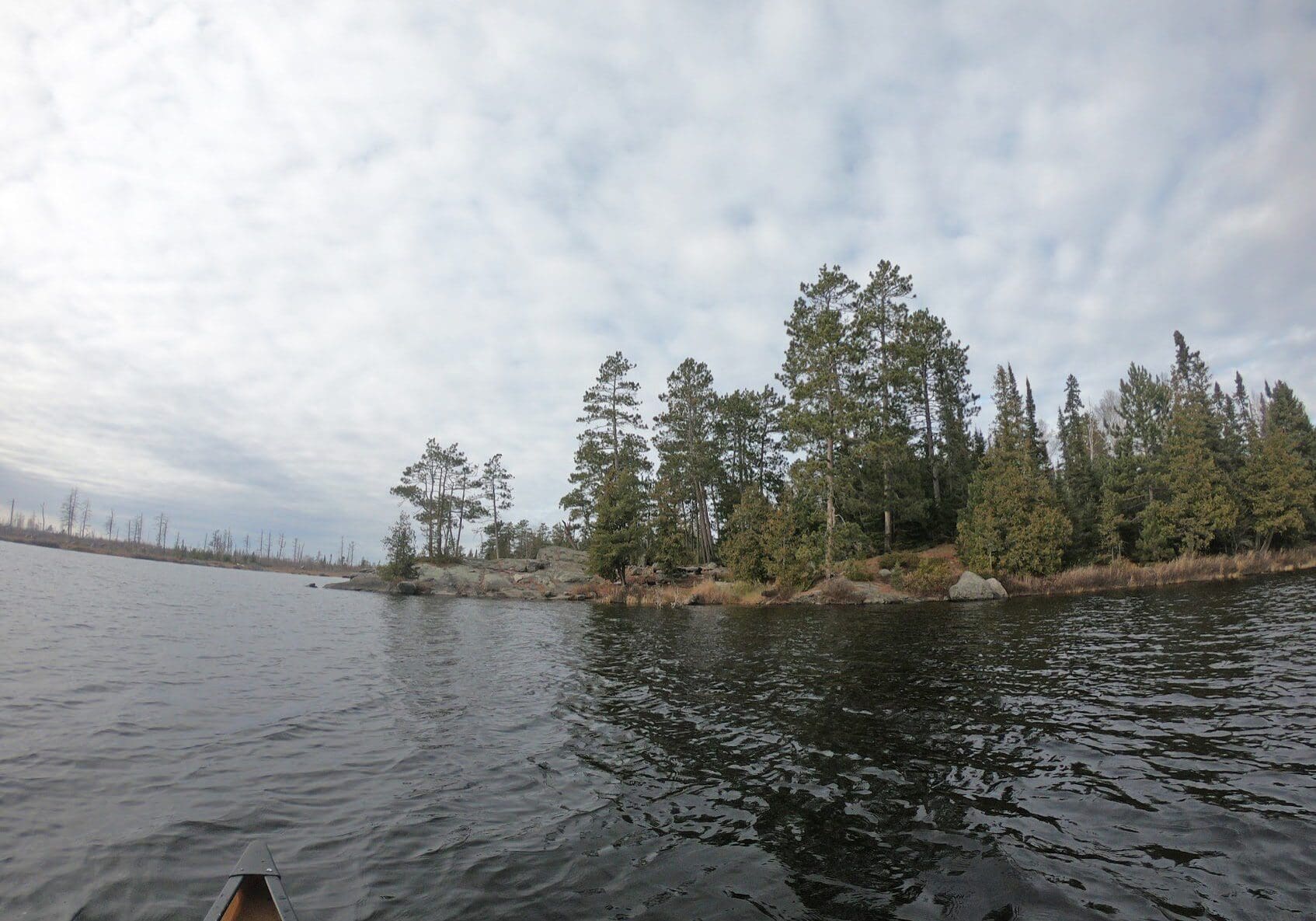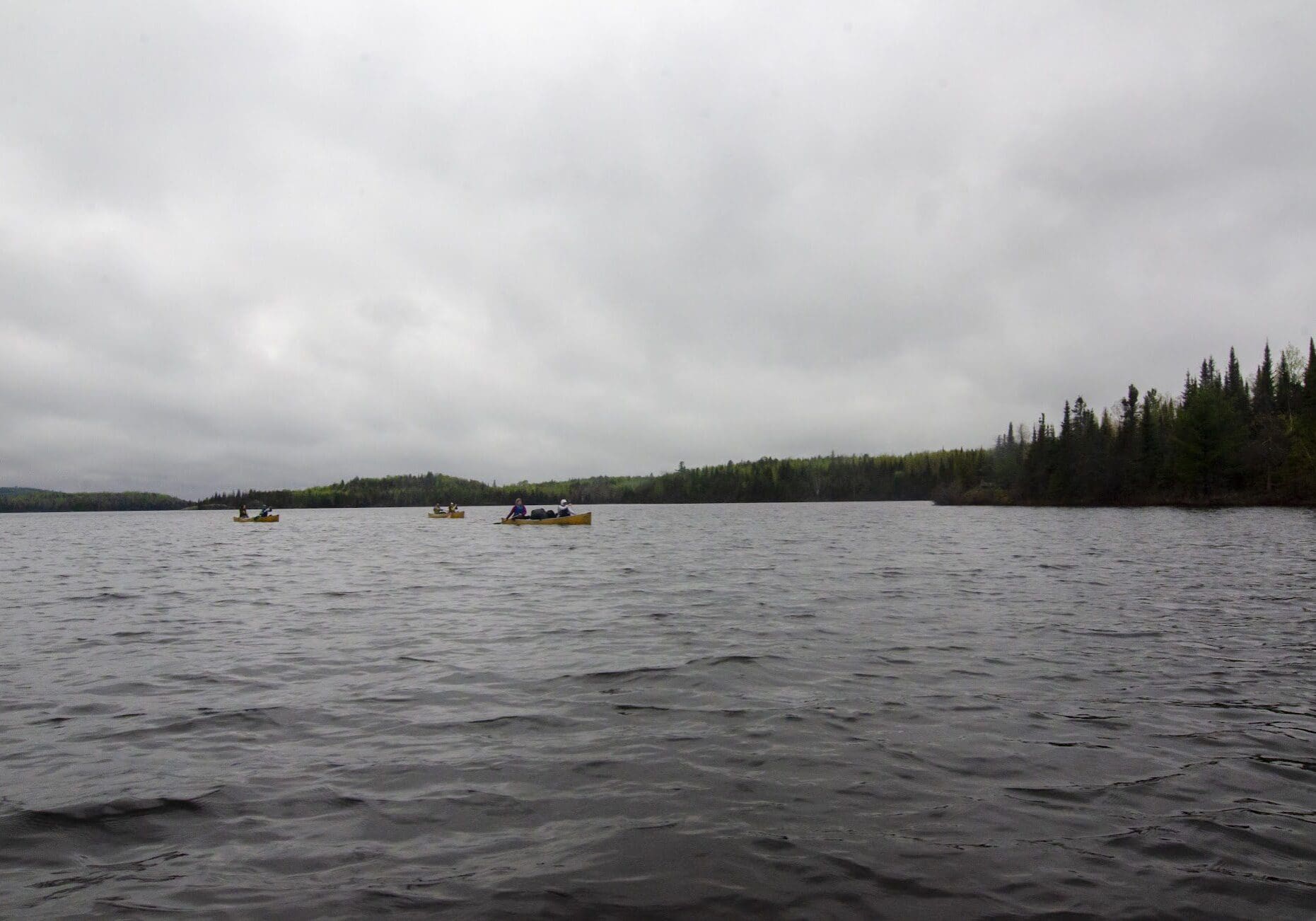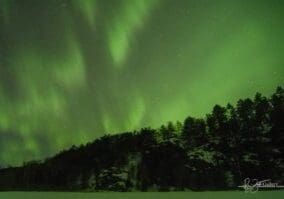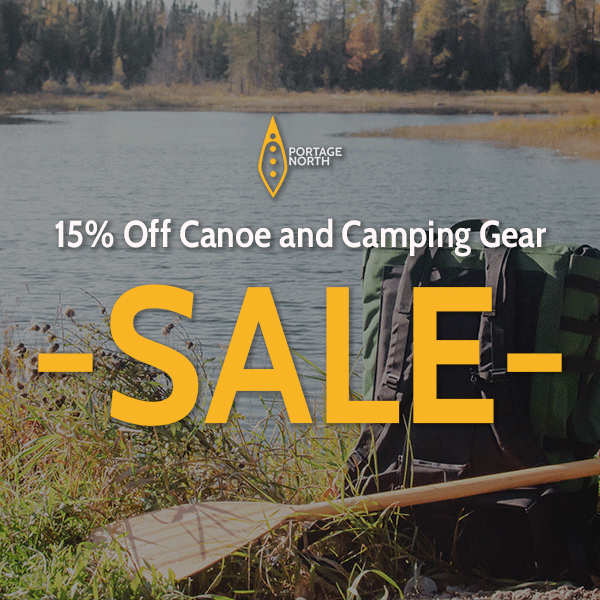Sign up for our newsletter to receive updates about new articles, great deals, and information about the activities you love and the gear that makes them possible:
Have You Read Our Other Content?
8 Great Places to Canoe/Kayak Camp this Fall in Minnesota
Fall is a magical time of the year to get out and enjoy nature. And for me, I think it’s my favorite season to head out in a canoe to relish in the fleeting days of open water. The Boundary Waters are so special this time of year, and next week’s article will cover how…
Map Mondays – Week 6 – Duncan to Duncan
As part of our continuing series on the “route planning game,” we are creating routes using randomly selected entry points, exit points, and number of days to create unique and fun BWCA routes. This week is a nice sightseeing and exploring kind of route entering at Duncan Lake east of the Gunflint Trail. Total Mileage:…
Let’s Break the Ice on a BWCA November Canoe Trip!
It’s been snowing all week here in Ely which points to a winter season fast approaching. In the meantime, this is one of the more challenging seasons for wilderness travel with many big lakes still open, smaller lakes starting to freeze, and trails and forests covered in fresh, wet snow. To the majority of…
How to Pack for a Canoe Trip – The Three-Pack System
One of the technical ways flatwater canoe trips are packed differently than backpacking trips is in how to organize gear. In a backpacking trip, the gear in the pack often belongs to the person carrying it, with a few communal items like food or shelter divided between party members. The presence of a bulky watercraft to portage…
How to Name Over 1000 Different Lakes – The BWCA
The Boundary Waters have seemingly endless lakes bearing names from Ojibwe, French, English, or English mistranslations, misspellings, or honest translations of the Ojibwe. Many have fascinating backstories of how they came by their names. Some lakes have seemingly had the same name as long as time can remember while others have switched multiple times. This…
The Ten Types of BWCA Campsite
Every traveler to the BWCA has their ideal of what a campsite should look like and what features it should have. Perhaps it has a sprawling camp kitchen or a nice overlook. Perhaps it’s perched on an island or alongside a sprawling beach. But whether the campsite is easy to access or is tucked back…
A Bird’s Eye of the BW – Telling the Story from Above
It started as a funny game of sorts. As I was scrolling past google satellite imagery dreaming of future canoe country routes and trip plans, I would begin noticing the occasional canoe group on the photos. I soon began looking for them. It was a game of “I spy,” picking out small floating canoes and…
Map Mondays – Week 11 – Morgan to Lake One
As part of our continuing series on the “route planning game,” we are creating routes using randomly selected entry points, exit points, and number of days to create unique and fun BWCA routes. This week’s route running from one of the BWCA’s quietest entry points to one of the busiest, embraces a mentality of solitude…


